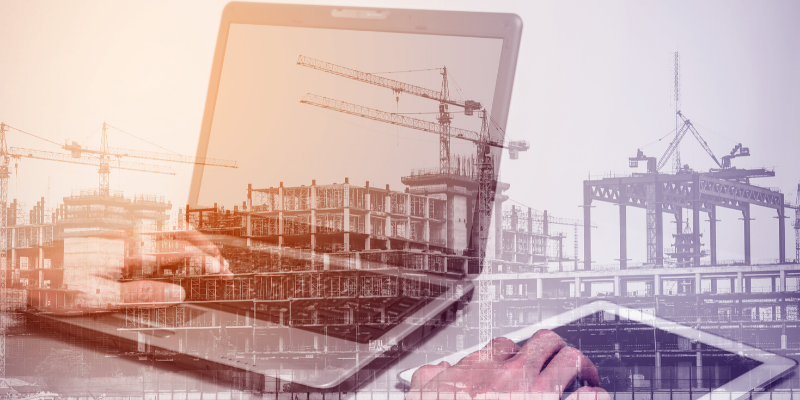Yourstory
3w
8

Image Credit: Yourstory
The evolution of green buildings: Technology driving sustainability in construction
- Green buildings are key to sustainable development and reduce the impact on health and the environment. Technological advancements have improved the energy efficiency of these buildings, and smart technologies optimise energy usage.
- Water conservation is a significant facet of green construction, and India has implemented various water conservation initiatives, including efficient usage and rainwater harvesting.
- The building industry is promoting sustainability by investing in sustainable building materials that have a minimal carbon footprint, which reduces resource consumption and waste generated during construction.
- Building Information Modelling (BIM) technology is a digital representation widely used in India to optimise planning, design and management processes and reduce resource wastage.
- India's smart homes market is projected to grow by 9.14% from 2024 to 2028, with the green buildings market contributing $39 billion by 2025.
- LEED certification is widely recognised in the construction industry; India has its green building materials certification system, and the regulatory framework is promoting sustainability.
- India's goal of achieving net-zero emissions by 2070 highlights the importance of green buildings. Global leaders have committed to tripling renewable energy and doubling energy efficiency by 2030.
- Enhanced building codes and sustainability standards are crucial in promoting green building practices, reducing carbon footprints, conserving resources, and promoting healthier living environments.
- Green building practices have come a long way since the introduction of ecological architecture in the 1960s for sustainable development. The future of green buildings seems promising, driven by an increased awareness of climate change and regulatory support.
- Government incentives in India for green building projects, such as tax benefits, low-interest loans, and fast-track approvals, aim to make green building practices financially viable and encourage private sector investments.
Read Full Article
Like
For uninterrupted reading, download the app